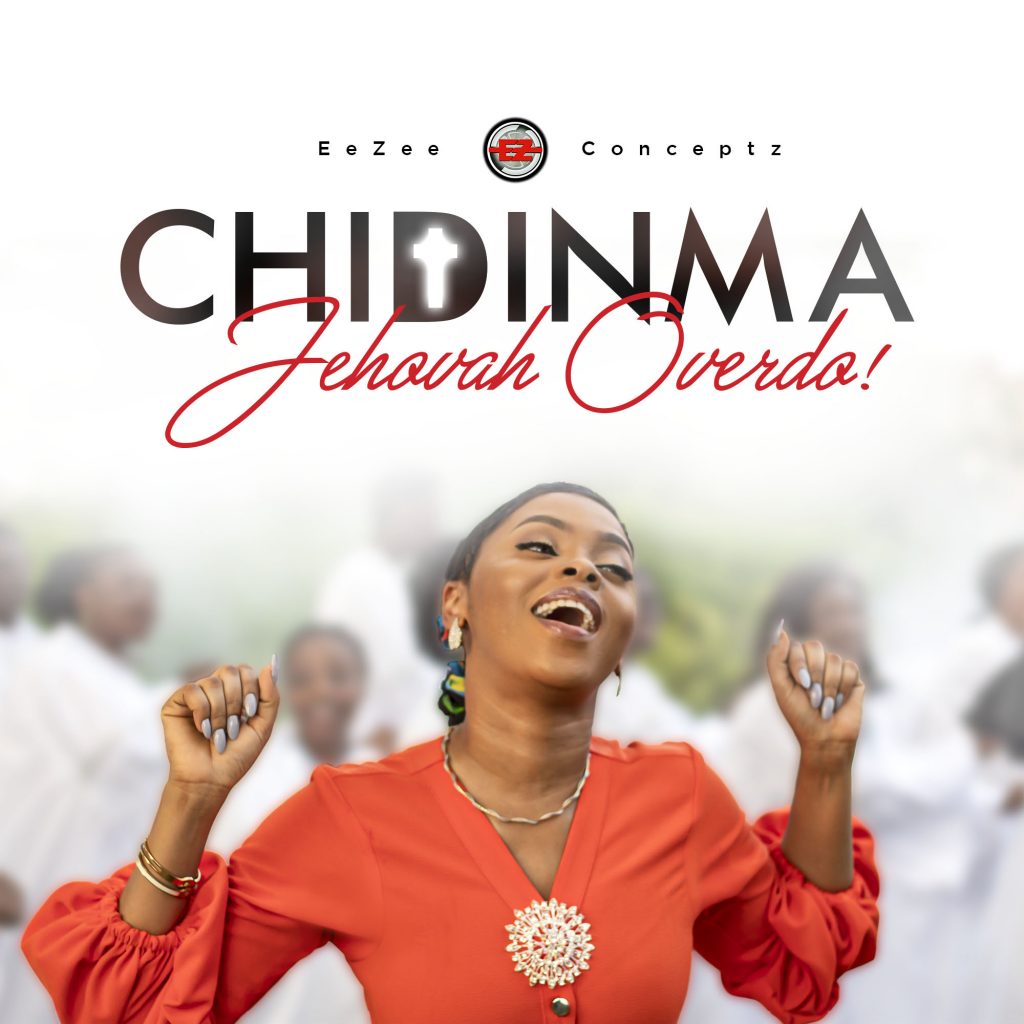
Chidinma. Source: https://www.withinnigeria.com
Politics is everywhere: it is in
classical politics, but there is politics in the home, at work, in the church,
and mosques, too. If you want to understand the politics of Gospel Music, you
have to hear it from someone who has been in it for a very long time. One
of these voices on the Plateau is Job Manja. Over the years, Manja has grown,
presiding as a youth leader from the lowest level of his church administration
to being a committee member at its pinnacle. He has, as a result, built a
strong voice and base, and has become blunt. Thus, he is in a position to
challenge traditions he considers old-fashioned, as long as doing that does not
cross boundaries.
I met Manja at his home at D. B Zang Junction, in Jos-south. We talked about the identity of Gospel Music, the tension that exists within evangelical churches as a result of changing views of today’s Christian youths, which have been triggered by the rise of flashy, liberal churches. We also talked about how a gospel music artist is supposed to earn a living.
According to Manja, Gospel Music is “a call into a ministry.” One has to be called and then answer the call. The implication is that if you are not called, or if you refuse to answer the call, after you have been called, whatever you play could not be classified as Gospel Music. There would be collisions between what you are playing and what Gospel Music is supposed to be. Gospel Music is not supposed to be explicit. The videos are supposed to stay miles away from human nakedness, or any other form of expression that corrupts the mind. On the reverse side of the coin, however, a secular artist doesn’t have boundaries as far as his messages and video scenes are concerned.
When evangelical churches started getting invaded by an avalanche of music rhythms that had been made popular by mundane music, most evangelical pastors were uncomfortable, but they were compelled to tolerate the youths for fear of losing their population to the liberal churches. Manja says his personal opinion is that any genre of music, whether Reggae, Rock, Rhythm and Blues, does not matter. To him, the lyric is what matters. In Benin Republic, he cites, the rhythm that is mostly played in churches is primarily Macossa, but laced with spiritual messages. For those who argue that those genres of music are borrowed from the secular realm, which is essentially influenced by the devil, Manja counters by saying that he believes God is the originator of all genres of music, and that, if the devil has made an attempt to smear it, the devil should not be considered the originator of the style.
As a spin-off, Manja referred to a grouse he has with a lot of pastors who don’t have room for discipleship. Simply put, “discipleship” refers to spiritual mentor-ship. Most pastors, he says, do not draw younger members close, for the purpose of spiritual mentor-ship. When that happens, it creates a window for the devil. He admits the truth about the evangelical churches losing members, a situation that suggests that the pastors affected must have to wake up. By “waking up” he means that the pastors must encourage the culture of discipleship. “Everyone is going to die, whether by sickness or by age,” he says. When that happens where there is no discipleship, it creates a missing link that could compel a church to shut down. According to Manja, Gospel Music has lost so much to its secular rival because of this issue, but he who knows his calling will never derail, no matter what happens.
My host went on to dig into the book of Leviticus, where there is a reference to the Levites Family. God was sharing land to the twelve tribes, but did not include the Levites Family. Instead, he told them that they would eat from his temple. The Levite Family was made up of the Priest and the singers. Asaph in the book of Psalms was a singer who led the Levites that performed the spiritual art of worship in the tabernacle. Everything that was channeled to the priest was equally channeled to Asaph. So, singers are supposed to be accorded the same respect that priests are accorded. Today, there are churches that are aware of this and take it seriously. Even here in Nigeria, we have Christ Oyakhilome’s Christ Embassy. His artists are among some of the richest, not only in Nigeria but in Africa as large.